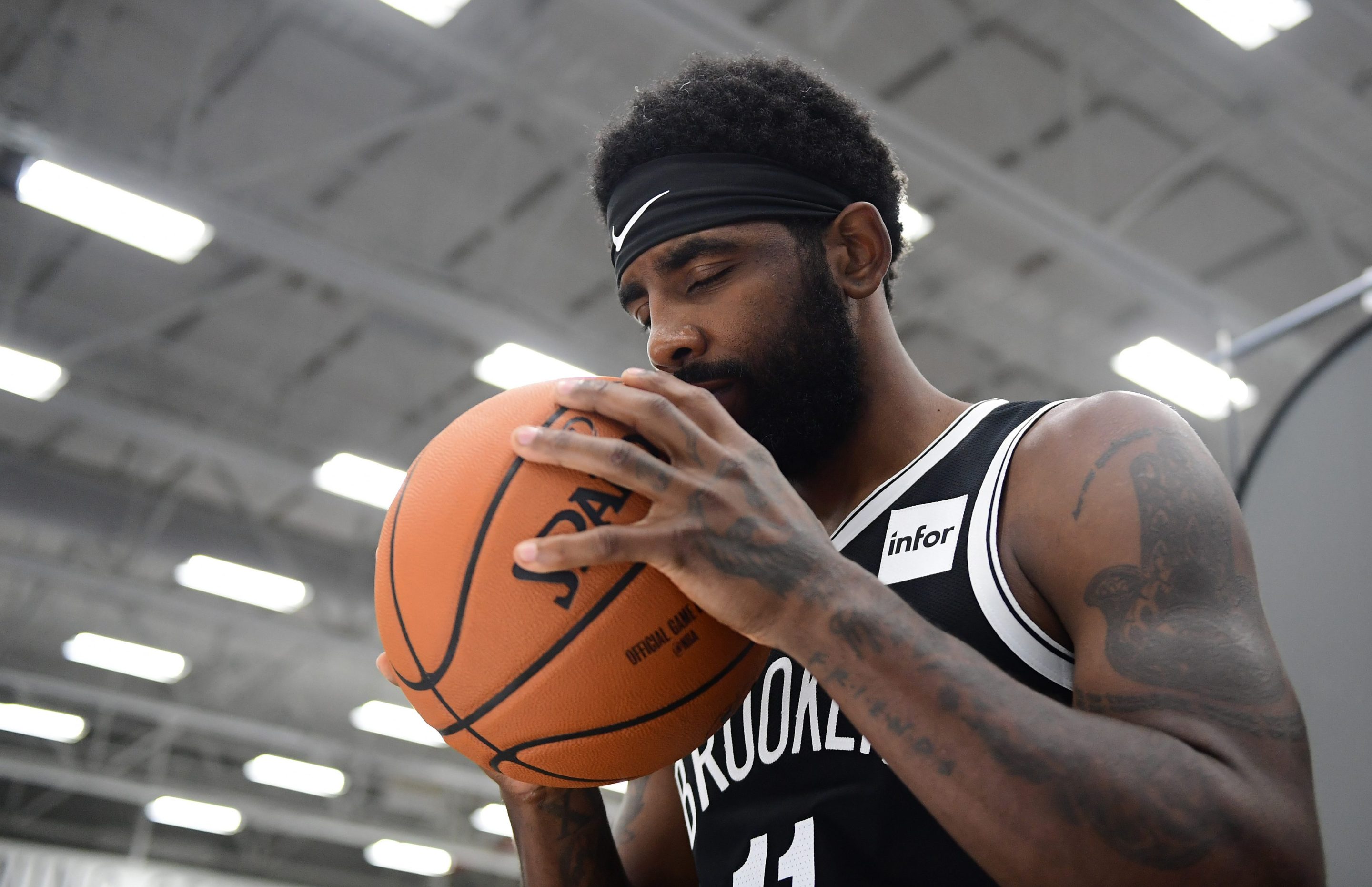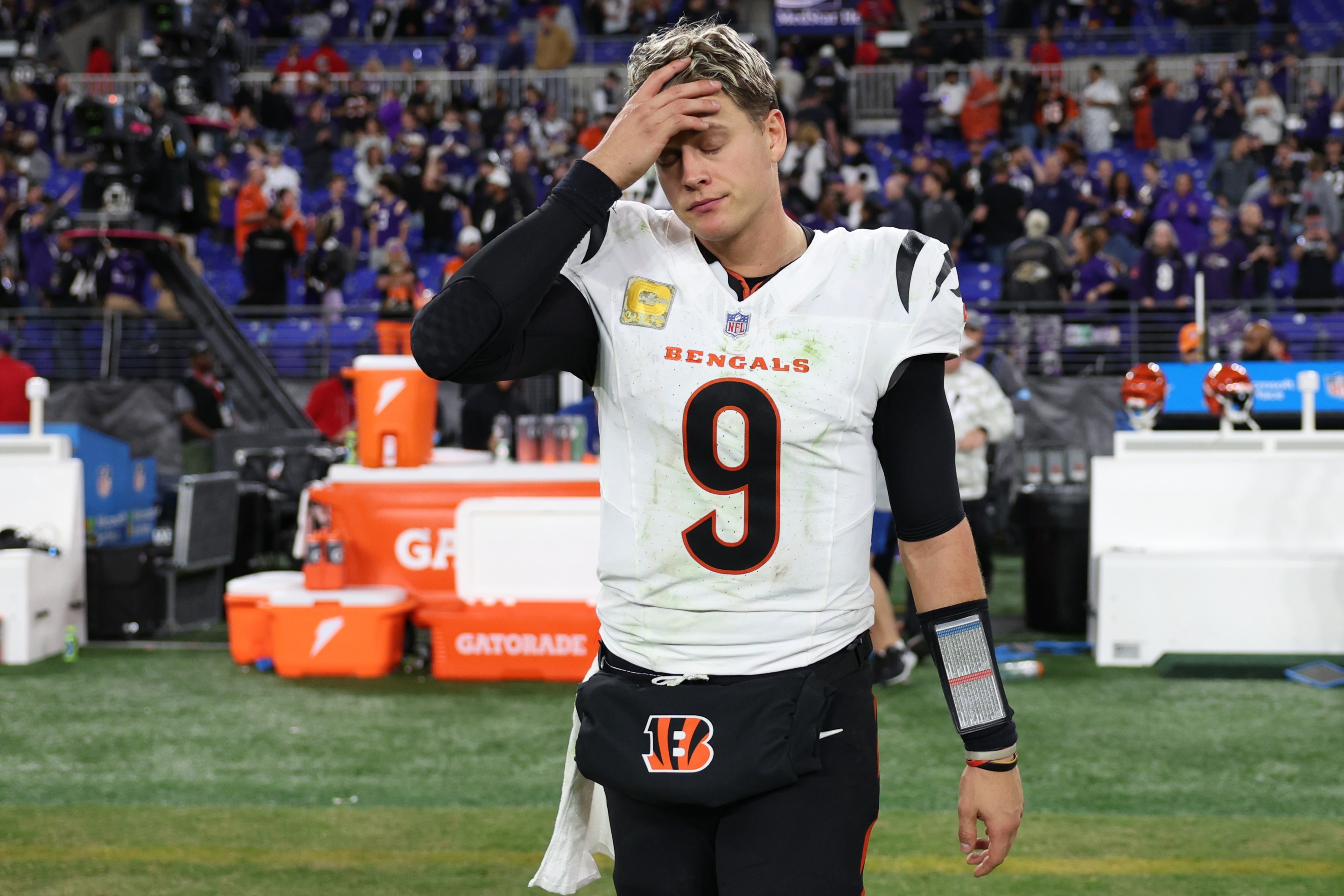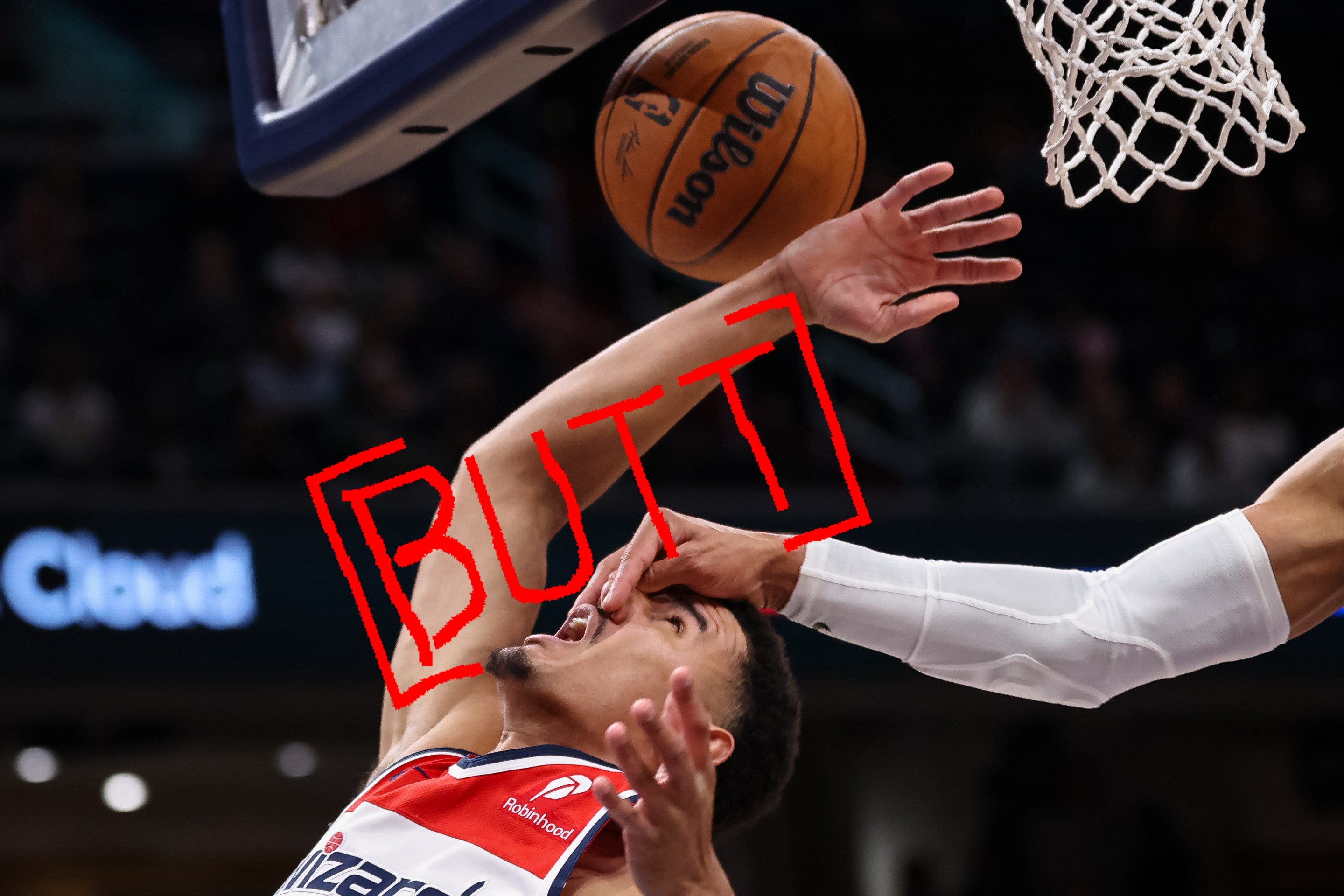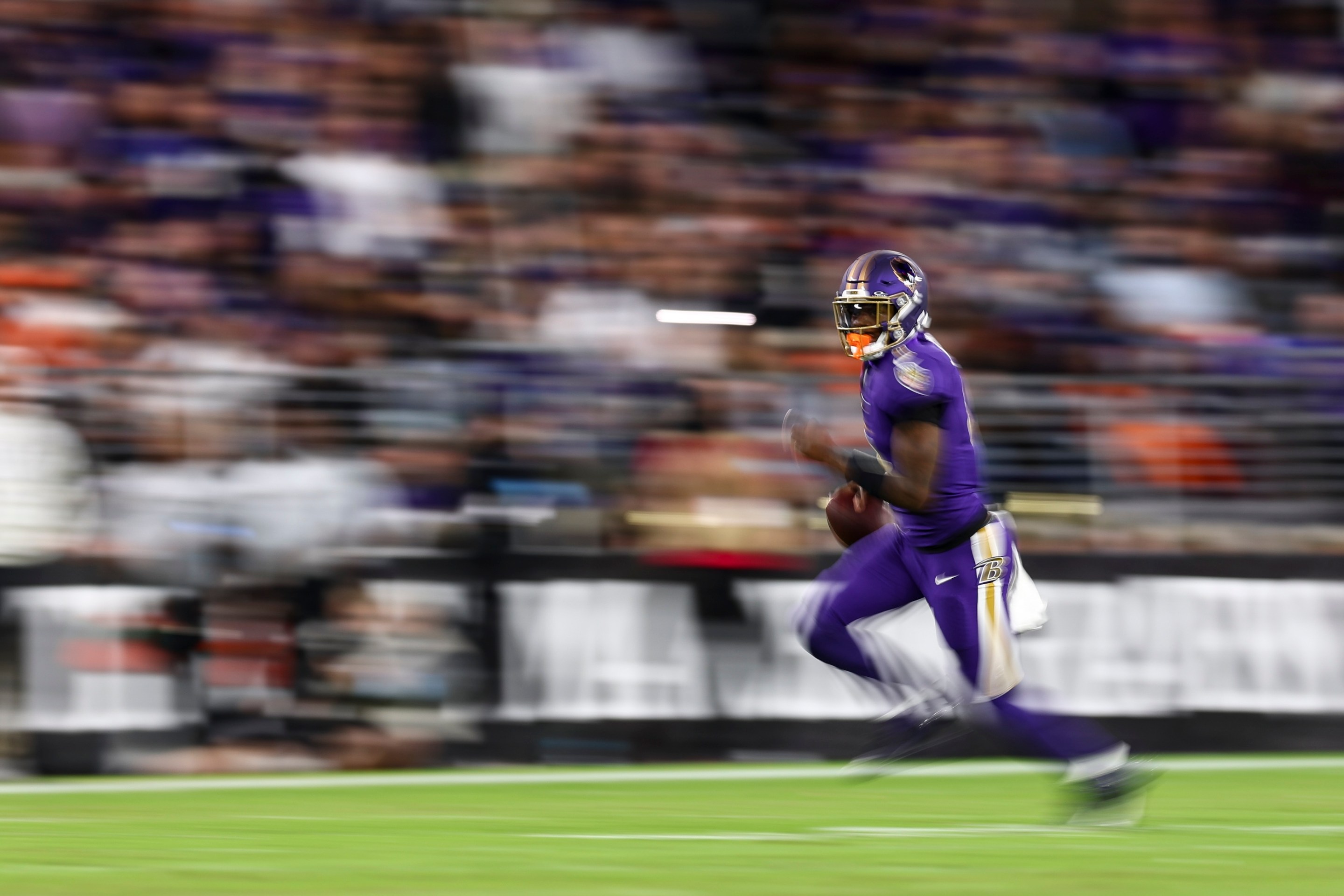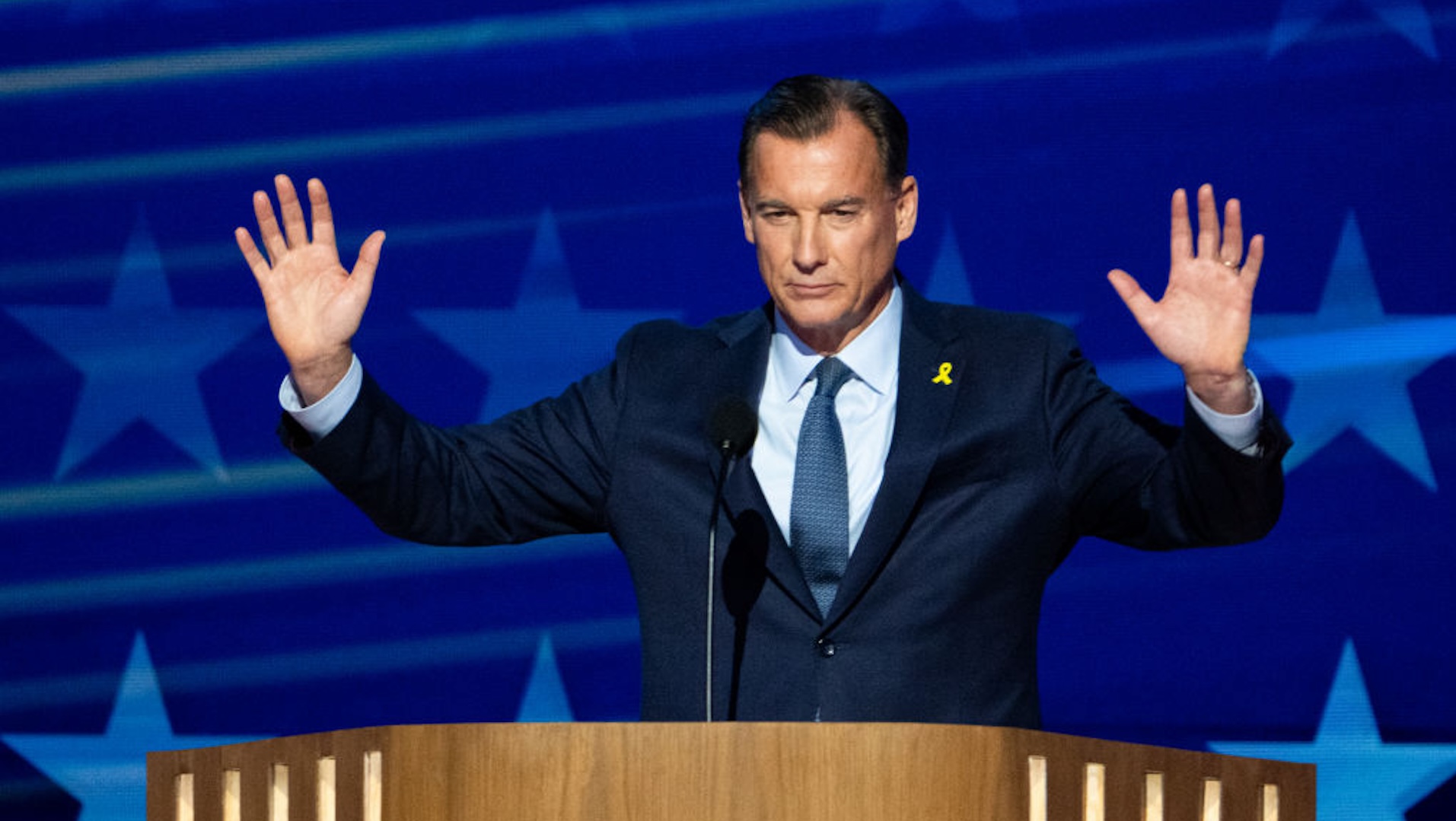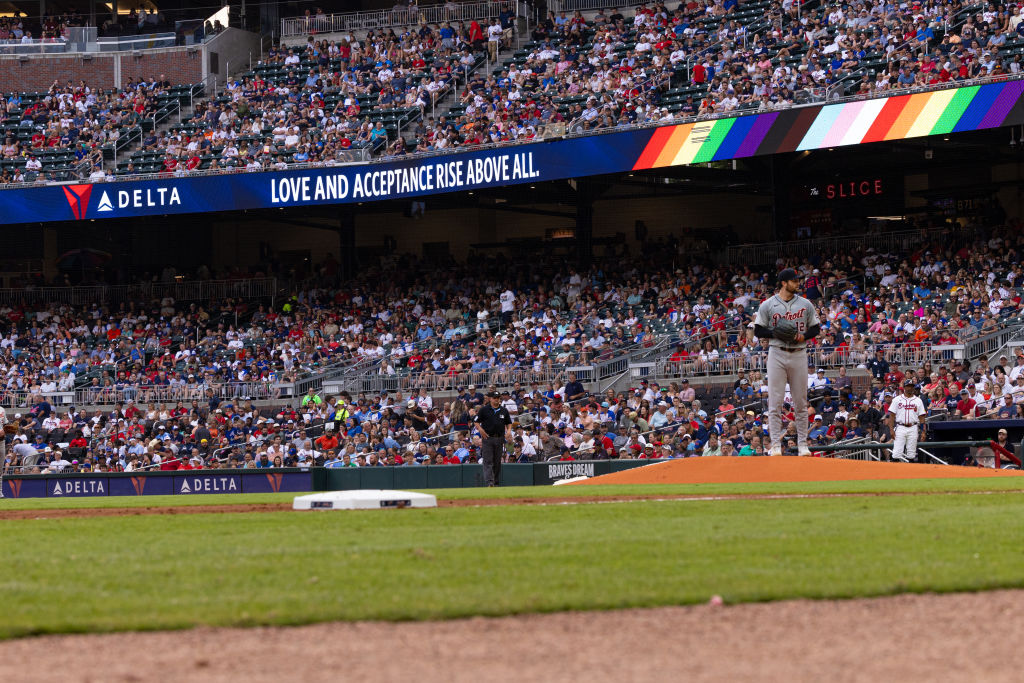If you check the record, Kyrie Irving called this in early June. “I don’t support going into Orlando,” the Brooklyn Nets point guard said in a phone call with 80-plus fellow players on the prospect of an NBA restart, as reported by The Athletic’s Shams Charania. “I’m not with the systematic racism and the bullshit. ... Something smells a little fishy. Whether we want to admit it or not, we are targeted as black men every day we wake up." Irving, vice president of the players association, was “willing to give up everything he had for (social reform),” Charania added.
Two days after the Milwaukee Bucks led an unprecedented strike of the NBA playoffs in response to the police shooting of Jacob Blake in Kenosha, Wis., it seems Irving was ahead of the curve. He not only got there first, but reportedly floated the idea of the players operating their own league. Due to the shoulder injury that ended his season in February, Irving didn’t end up making it to the bubble. It’s unlikely that the limited slogans splashed on jerseys and the court would have met his moral standard, or offset the fact that the corporate campaign was shifting the viewers’ focus away from a burning world and onto hours of mollifying entertainment.
If Irving didn’t get credit for it at the time, it may have been because the initial dispatches were all Kyrie’d up in the usual ways. His admirable conviction was couched within an ESPN report which began with the point guard asking about whether the players would have access to saunas in the bubble, and whether the NBA’s usual “popular adult beverage” partner would be offering their wares. This was reported by Adrian Wojnarowski, as if to deflate the seriousness of Irving’s concerns. But there’s always going to be a bit of spaciness with Kyrie, a known aficionado of such Instagram accounts as “enlightenedprophets” and “conscious_god.” He’s always apt to drift off message, and his fake-deep decrees can occasionally be maddening. None of that stops him from being unimpeachably correct sometimes.
Dollars speak louder than absent-minded questions on a phone call. Irving gave widely and generously as the country suffered. In March he donated $323,000 to Feeding America, a nationwide network of food banks, to fund 250,000 meals, and donated 200,000 Beyond Burgers to the Food Bank For New York City. In May he sent 3,000 N95 masks and 17 pallets of food to the Standing Rock Sioux Tribe, of which his late mother Elizabeth was a member. In July Irving established a $1.5 million fund for any WNBA players who wanted to opt out of their bubble, who would have otherwise had to forfeit their salary. "Whether a person decided to fight for social justice, play basketball, focus on physical or mental health, or simply connect with their families, this initiative can hopefully support their priorities and decisions," he said in a statement.
Time spent sequestered in the bubble, while high-profile police violence rocked the culture outside it, brought many other NBA players to the position Irving staked out months ago. Players like George Hill and Jaylen Brown have described the dissonance of playing basketball during this moment of deeply felt pain. For a night, this collective discomfort felt like it would halt the postseason altogether. By the next afternoon, the path to normalcy had been cleared. What happened in the interim can only be assembled through the conflicting dispatches of the access merchants who had previously scoffed at Irving and cheered on the league’s attempts to recoup the losses of a suspended season. More players will continue to speak their minds. Maybe some of them will, publicly or privately, thank Irving for the clarity. Maybe even his dreamier notions, like a player-owned league—operated with a cleaner conscience, absent owners who literally fund the police—will be taken more seriously.
This blog was originally published in a newsletter on August 28.
